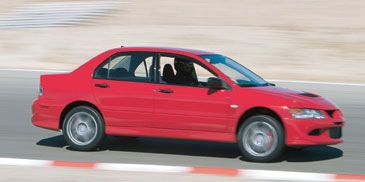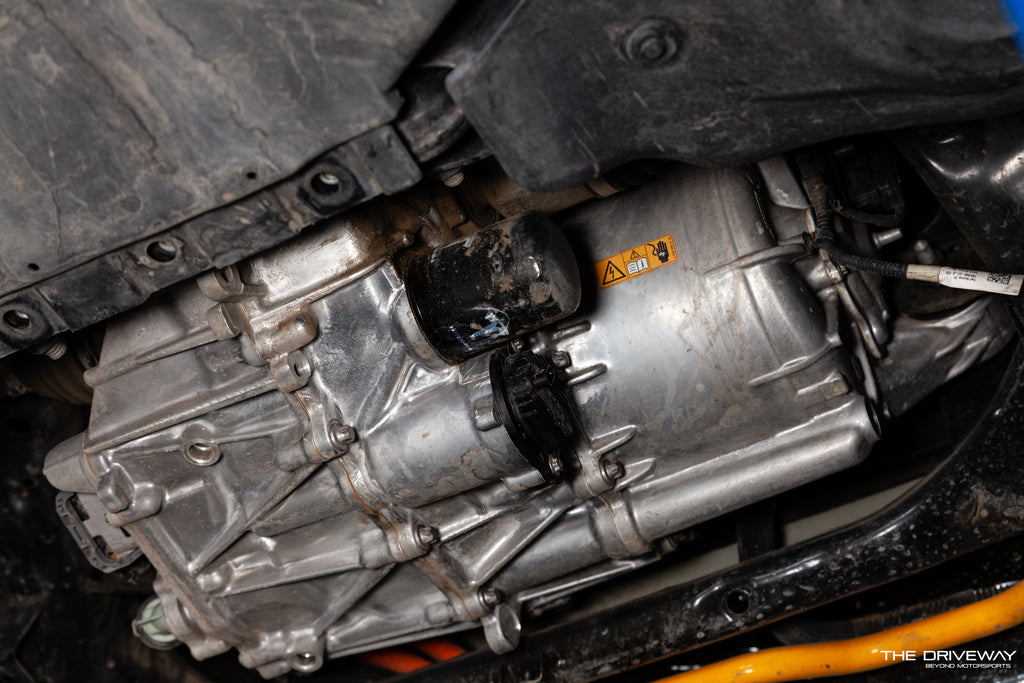I have never had car with this much power but I’ve ruined axles on some of my cars that only had ~2.0 60ft times. Of course there are no 5000rpm clutch dumps happening with the model 3.He thing is, torque can’t actually ramp up that quickly on these vehicles (hence the 1.7-1.8 60ft times, rather than the 1.4s-1.5s you’d expect with this much power). Just as importantly, the drive systems are incredibly good at cutting power at the tiniest indication of wheel slip, wheel hop, or even just hitting a bump under load. Shock loads break hard parts like CVS and axles, and there are almost none coming out of our drive units!
Good point on the advantages that come from the computer cutting power in certain situations.






